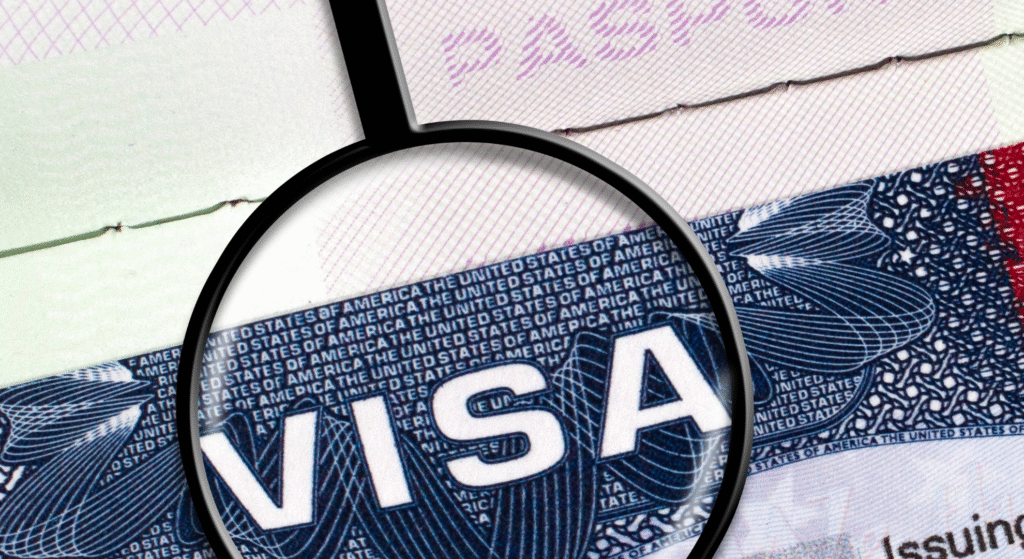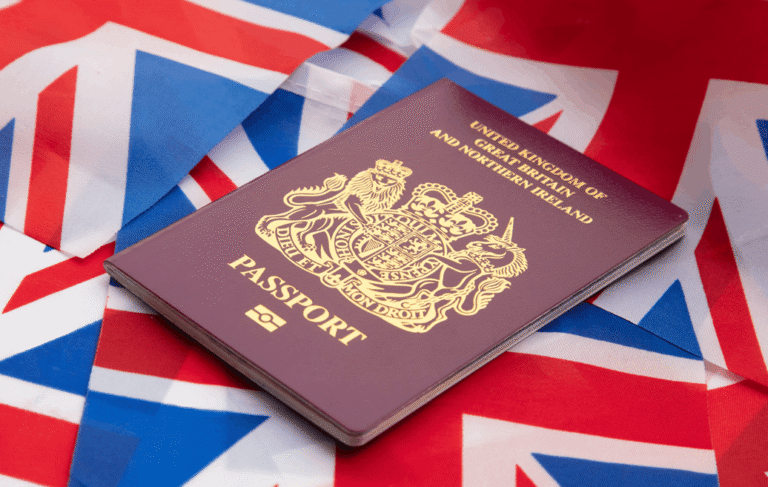Grounds for UK Visa Refusal: What You Need to Know

If you’re applying for a UK visa or permission to stay, it’s important to understand that your application can be refused or even cancelled—not just because of eligibility issues, but due to suitability requirements. These rules focus on your conduct, compliance with immigration law, and other factors that determine whether you’re considered suitable to live in the UK.
Failure to meet these requirements is one of the most common reasons for UK visa refusals. Below, we break down the main grounds for refusal and what they mean for your application.
What Are Suitability Requirements?
Suitability requirements go beyond eligibility and validity checks. They look at your character, past behaviour, and ability to comply with immigration laws. These checks apply to all immigration routes, and decisions can be:
- Mandatory – where refusal or cancellation is required.
- Discretionary – where the Home Office can exercise judgment.
All decisions must also align with the UK’s international obligations, including the Refugee Convention and the European Convention on Human Rights.
Main Grounds for Visa Refusal
Here are the key categories under which a UK visa application can be refused or an existing visa cancelled:
1. General Grounds for Refusal or Cancellation
Your application may be refused if you fall under any of these categories:
- Exclusion or Deportation Orders – If you’re subject to a deportation order or the Home Secretary has directed your exclusion.
- Not Conducive to the Public Good – Based on your conduct, character, or associations.
- Criminality – Including:
- A prison sentence of 12 months or more (automatic refusal).
- Serious or repeat criminal offences.
- Conduct linked to terrorism or national security concerns.
2. Additional Grounds at the Border
Even if your visa was approved, you could still be refused entry to the UK on arrival if:
- You don’t have a valid passport or travel document.
- You have a medical condition that makes entry undesirable.
- A child arrives without parental consent.
- A returning resident doesn’t meet the previous conditions of leave.
- There is a customs or goods breach.
3. Extra Grounds for Leave to Remain Applications
If you’re applying to extend your stay, your application can be refused or existing permission cancelled for:
- Applying for a purpose not allowed under the immigration rules.
- False representations or failure to disclose material facts.
- Not complying with visa conditions, such as:
- Maintaining proper accommodation.
- Complying with financial undertakings.
- Proving you can return to another country.
4. Route-Specific Suitability Requirements
Some visa types—such as family visas under Appendix FM—have extra suitability rules. Always check the specific requirements for your route before applying.
Why Understanding These Grounds Matters
Even if you meet all eligibility and financial requirements, failing to satisfy suitability checks can result in refusal or cancellation of your visa. Being aware of these grounds helps you avoid mistakes and strengthen your application.
Frequently Asked Questions
1. What is the most common reason for UK visa refusal?
Failure to disclose previous immigration or criminal history is one of the most common reasons for refusal.
2. Can I reapply after a refusal based on suitability?
Yes, but it depends on the reason for refusal. For example, serious criminality may lead to a long- term ban.
3. How can I avoid a refusal?
Always provide accurate information, comply with visa conditions, and disclose all relevant details in your application.
Need expert advice on your UK visa application?
Our team can help you avoid common mistakes and increase your chances of success. Contact us today for a consultation.




